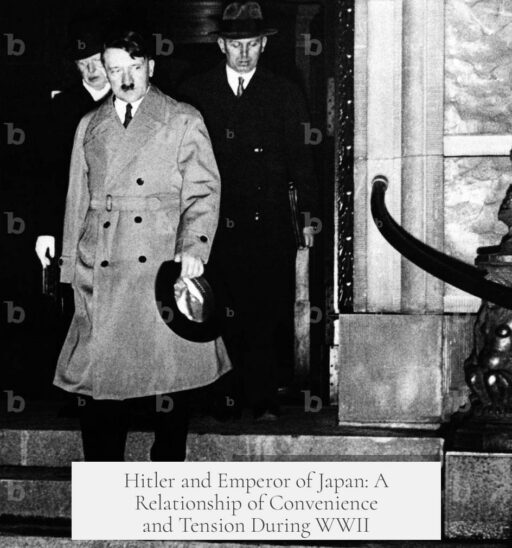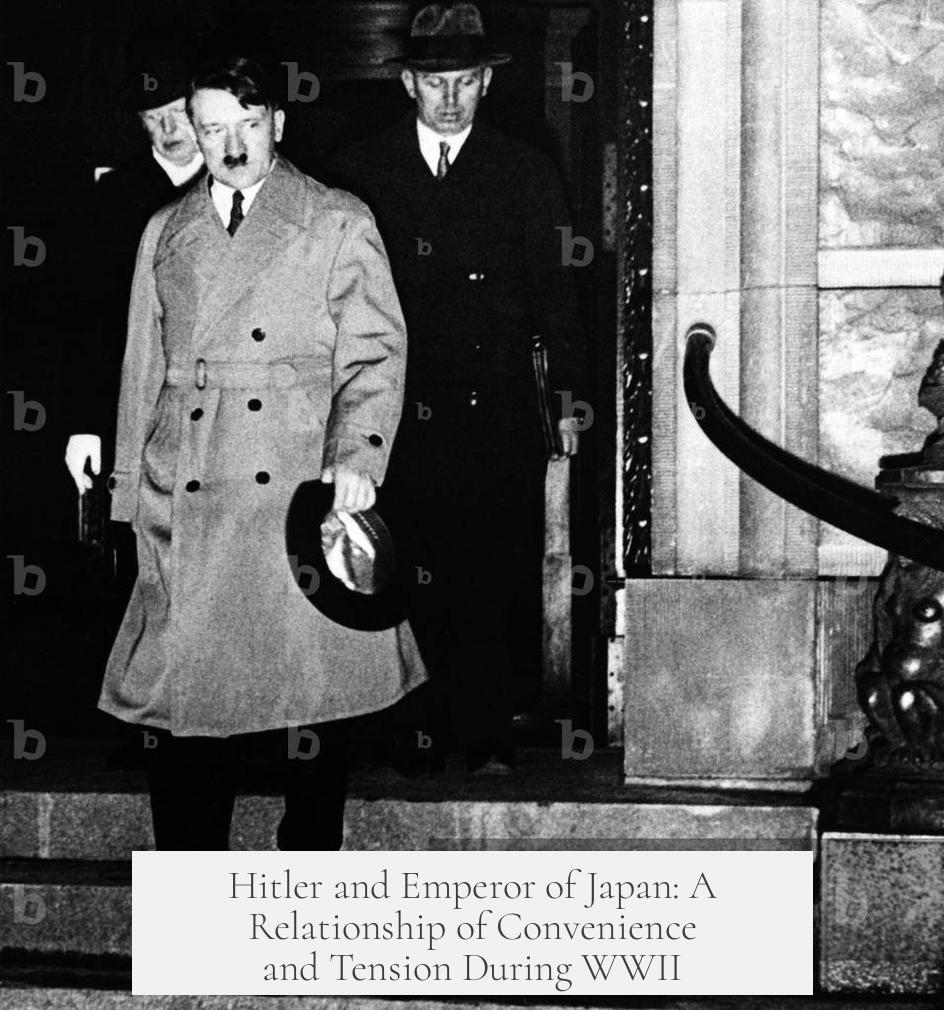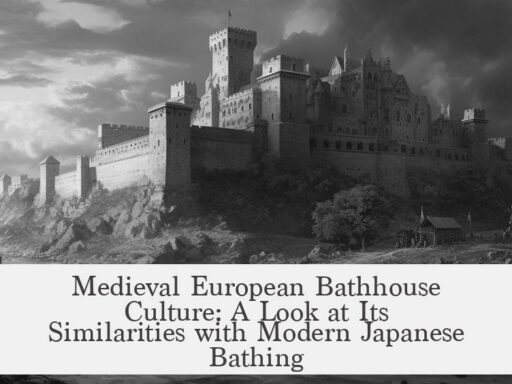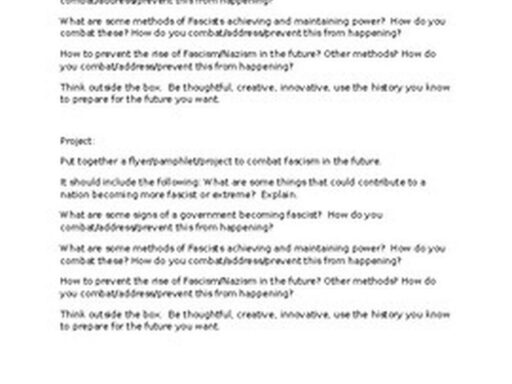The relationship between Adolf Hitler and Emperor Hirohito was distant and largely impersonal, shaped more by political convenience and strategic alliance than by direct engagement or mutual respect.
Hitler and Hirohito never met in person. Emperor Hirohito’s role was highly traditional and ceremonial, limiting his involvement in direct foreign contacts, especially with non-royalty. Diplomatic communications between Germany and Japan proceeded through intermediaries. Germany’s foreign minister, Joachim von Ribbentrop, managed ties with Tokyo, while the Japanese ambassador Matsuoka represented Japan in Berlin. At no point did Hitler and Hirohito engage in personal diplomacy.
At the national level, the Axis alliance emerged from shared geopolitical interests. Germany and Japan operated in separate theatres—Europe and Asia—making their partnership strategically practical. Both countries pursued expansionist policies. Japan focused on East Asia and the Pacific, while Germany targeted Europe. Being “honorary Aryans” symbolized Japan’s acceptance by the Nazis as racial allies despite inherent contradictions in Nazi racial ideology.
Still, cultural and racial attitudes complicated the alliance. Hitler privately regarded the Japanese as racially inferior. He expressed frustration over Japan’s reluctance to attack the Soviet Union alongside Germany during Operation Barbarossa. Racial disdain, however, did not stop him from declaring war on the United States alongside Japan in December 1941—emphasizing shared enemies and the urgency of their alliance. Before this, Hitler praised Japan as a historic undefeated ally but simultaneously described the emperor contemptuously as weak and indecisive.
Japanese perspectives reflected their own racial and ideological biases. Propaganda emphasized an “Asia for Asians” narrative, contrasting with Western colonialism. Japanese officers reportedly looked down on Germans as temporary allies, reflecting Asian skepticism towards European powers. This mutual contempt did not derail cooperation, but it underscored the alliance’s fragile nature.
Despite such personal and ideological tensions, both powers aligned against what they identified as common threats—mainly the United States, Britain, and the Soviet Union. Japan’s imperial ambitions in China framed as a survival imperative echoed Nazi Germany’s racial and territorial ideologies, although Japan rejected Nazi anti-Semitism. Prime Minister Konoe Fumimaro explicitly tied Japan’s expansion in China to securing vital resources and ensuring national survival.
Diplomatic relations functioned mostly through formal channels without deep personal connection between the countries’ leaders. The alliance was driven by pragmatism and mutual benefit rather than a strong ideological or personal bond. Their cooperation had complex racial undertones and mutual distrust beneath an outwardly unified front against shared enemies.
- Hitler and Hirohito never met; relations were conducted through diplomats.
- Axis alliance was a strategic convenience due to non-overlapping spheres of influence.
- Hitler viewed Japanese as racial inferiors but honored the alliance.
- Japan rejected Nazi anti-Semitism and harbored its own racial prejudices.
- Both nations pursued aggressive expansion framed as survival needs.
- Mutual contempt existed despite formal cooperation and alliance treaties.
Their relationship exemplifies how political alliances can coexist with underlying distrust and conflicting worldviews. It was a tenuous partnership lacking close personal or ideological ties between Hitler and the Emperor of Japan.
What Was the Relationship Between Hitler and the Emperor of Japan Like?
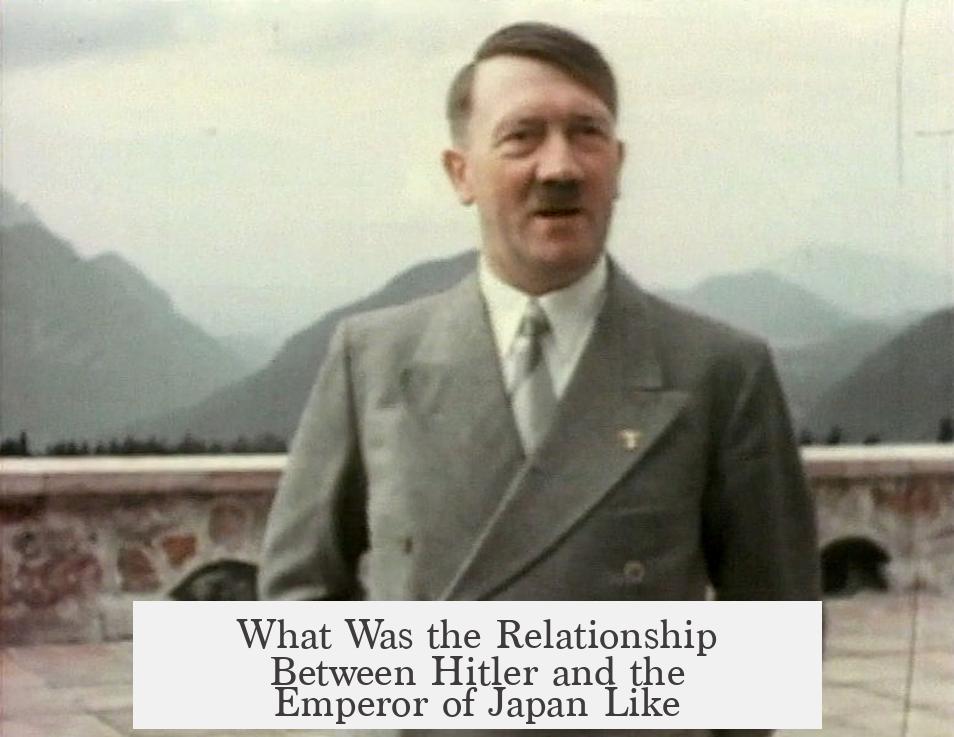
Hitler and Emperor Hirohito never met in person, making their relationship more a tale of distant alliances than heartfelt camaraderie. It’s one of those historical oddities: two leaders at the helm of powerful nations, yet strangers to each other. Despite this, their countries formed one of the most infamous alliances of the 20th century, the Axis Powers.
Let’s unwrap this fascinating relationship, a blend of convenience, racial tension, and political maneuvering.
Lack of Personal Interaction: The Emperor and the Führer, Worlds Apart
Imagine two world leaders crucial to global events, yet their paths never cross. That’s exactly what happened with Hitler and Emperor Hirohito. The emperor was deeply traditional, isolating himself from direct dealings outside the royal circle. In contrast, Hitler’s diplomacy with Japan happened through intermediaries. Von Ribbentrop, Germany’s foreign minister, handled Tokyo’s negotiations, while Japan sent Matsuoka as its man in Berlin.
This distance set the tone for their entire relationship—official, distant, and somewhat impersonal. They were allies on paper but not in the trenches of personal diplomacy.
National-Level Relations and Common Ground: Axis by Convenience
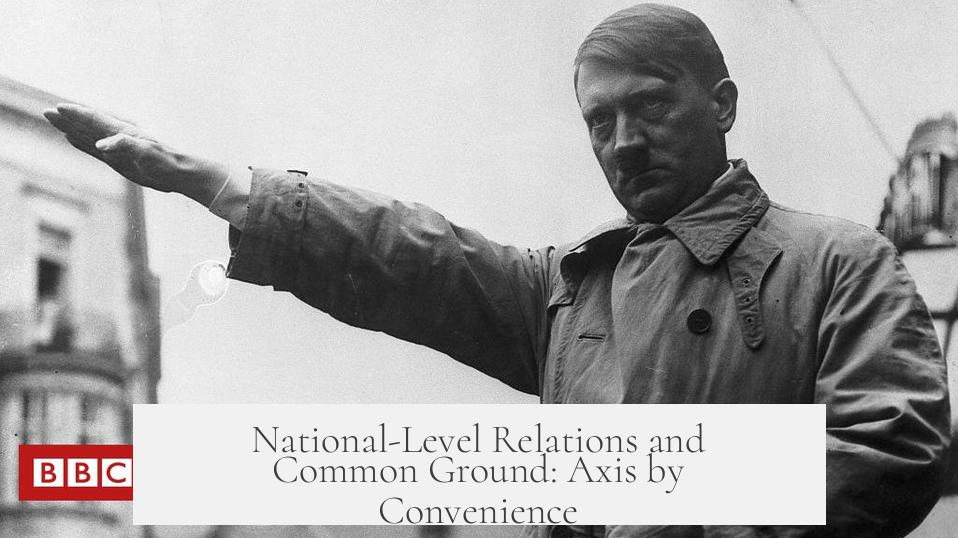
Despite no personal link, Germany and Japan found common cause. Their alliance stretched back before the outbreak of World War II, motivated by mutual interest rather than friendship. Both wanted expansion and survival but operated in largely different regions—Germany in Europe and Japan in Asia.
Surprisingly, the Nazis conferred ‘honorary Aryan’ status on the Japanese. It was a political nod rather than genuine racial endorsement, using this label to cement their alliance. Yet, Japan refused to adopt Nazi anti-Semitism. Their prejudices targeted regional rivals like China and Korea, tangled in territorial conflicts instead of the Nazi racial agenda.
The Racial Undertow: Mutual Contempt and Unspoken Tensions
Now, things get spicy. Hitler privately viewed the Japanese as racially inferior. He tolerated the alliance out of strategic necessity, not respect. Frustrated by Japan’s reluctance to attack the Soviet Union alongside Germany, he openly disparaged Emperor Hirohito, calling him ‘weak’ and indulging in racial slurs.
“The Emperor is the companion piece of the later Czars. Weak, cowardly, irresolute, he may fall before a revolution… we shall consider these people as best as lacquered half-monkeys who need to feel the knout.”
On the Japanese side, attitudes were less filtered. They blasted anti-white propaganda portraying their Greater East Asia Co-Prosperity Sphere as ‘Asia for Asians.’ Some Japanese officers reportedly saw Germans as temporary allies at best. So much for brotherhood in arms!
Cooperation Despite Tensions: Allies for Survival
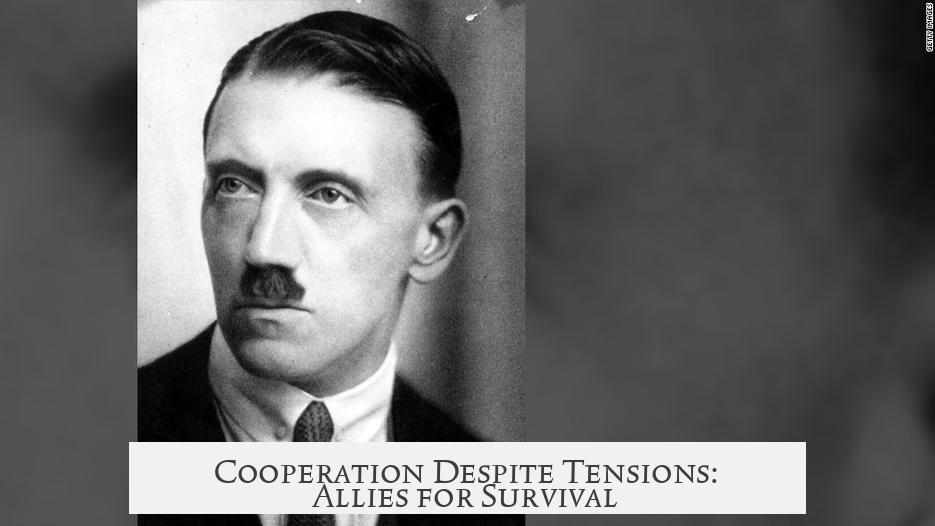
Despite racial distrust, both powers forged ahead with their alliance when it suited them. Hitler kept his promise and declared war on the United States shortly after Japan attacked Pearl Harbor. On December 8, 1941, Hitler sounded upbeat about having a steadfast ally who ‘has not been defeated in three thousand years.’
His declaration speech was a potent mix of paranoia and conviction, focusing on shared enemies—the Jews and Franklin Roosevelt—and framing the conflict as existential for their nations.
“Even if we were not allied with Japan, we would still realize that the Jews and their Franklin Roosevelt intend to destroy one state after another… Germany and Italy with their present leaderships have the insight and strength to realize that in this historic period the existence or non-existence of nations is being determined, perhaps for all time.”
All in all, cooperation between the two was pragmatic rather than passionate.
Shared Ideology on Survival and Expansion
Both Germany and Japan justified their aggressive policies with a survival narrative. Japan’s Prime Minister Konoe Fumimaro famously said in 1937 that Japan, being resource-poor, had to secure its “vital right to survival” through expansion. The Nazis, fueled by racial ideology, sought Lebensraum or “living space” for Germans.
These ideologies were twisted yet provided enough common ground to hold the alliance, despite stark racial prejudices and conflicting worldviews.
Summary: A Relationship of Convenience, Race, and Power
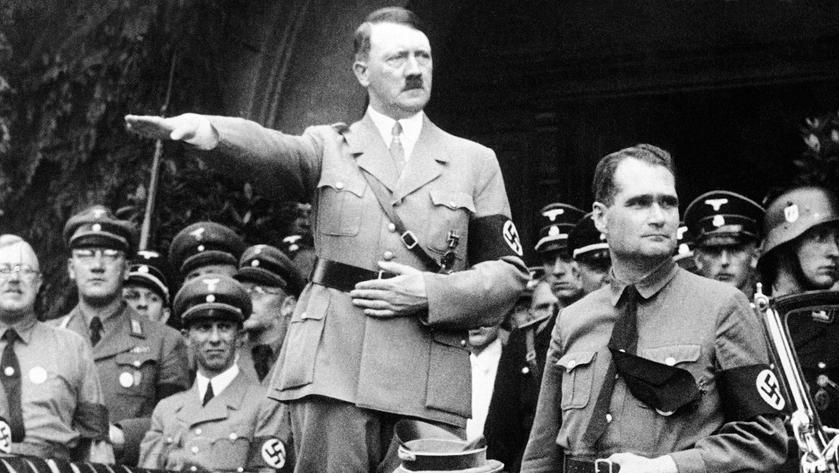
In short, the relationship between Hitler and the Emperor of Japan was distant and filled with racial undertones. There was little personal warmth or genuine respect. Two powers joined by strategic necessity rather than friendship. They barely communicated directly, and their cooperation was a marriage of convenience against common enemies.
Considering their infamy today, it’s remarkable how loosely connected they really were. It shows that even the most notorious alliances can be fragile and complex, driven by political expediency more than genuine alliance.
Curious Questions to Ponder
- What if Hitler and Hirohito had met personally? Would their alliance have grown stronger or shattered under personal prejudice?
- Could the mutual racial disdain have doomed any real strategic cooperation if the war had dragged on longer?
- How much did each side truly understand about the other’s culture and motives beyond propaganda?
The Axis Powers are often remembered as a monolith, but this glimpse into the relationship between Hitler and the Emperor of Japan tells a different story—one of tactical convenience shadowed by mutual suspicion.
Would you have expected such coolness between wartime allies? History surprises us yet again.
Did Hitler and the Emperor of Japan ever meet in person?
No, Hitler and Emperor Hirohito never met. Hirohito rarely dealt directly with officials outside royalty. Their communication was handled through diplomats like von Ribbentrop and Matsuoka.
How did Hitler view the Japanese and Emperor Hirohito?
Hitler looked down on the Japanese as racial inferiors. He called Emperor Hirohito weak and expressed frustration over Japan’s failure to attack the Soviet Union. His private remarks showed contempt despite their alliance.
Did Japan share Nazi Germany’s antisemitic beliefs?
No, Japan rejected Nazi antisemitism. Although they had their own prejudices against some neighboring peoples, Japanese propaganda focused more on anti-white and anti-European themes.
Why did Hitler declare war on the United States after Japan’s attack on Pearl Harbor?
Hitler honored the Axis alliance. He believed Japan was a strong ally and saw a shared struggle against common enemies like the U.S. and Britain, which he claimed threatened their nations’ survival.
Was the relationship between Hitler and Emperor Hirohito based on friendship?
The relationship was mostly convenience-driven. Both sides saw each other as strategic allies rather than close friends. They had limited interactions and mutual contempt overshadowed their alliance.
